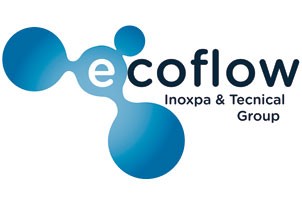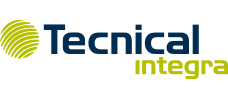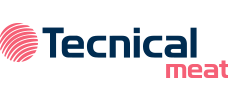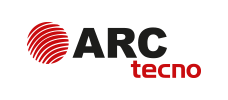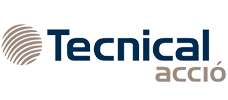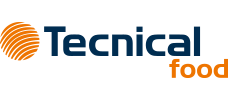ECOFLOW
ECOFLOW’s objective is to offer a complete service in membrane filtration systems, from designing and manufacturing of equipment to supplying consumable goods for the appropriate cleaning and maintenance of this equipment. Also, ECOFLOW supplies cleaning products for CIP systems for all equipment used in the food processing industry.
The main sectors in which ECOFLOW initially intends to work are described below. However, there is the open possibility to make equipment for other applications and even for other sectors.
WATER
Water destined for use in food-industry processes
ECOFLOW is able to design systems for use in the treatment of collected water for specific food-manufacturing processes. An example would be the purification of water collected from a well to be used in manufacturing baby food. Other examples would be juices made from concentrate, carbonated water, etc.
Treatment of industrial water
The majority of industrial food processes consume a significant amount of water; for example in the dairy industry where between 3 and 5 times more water is consumed than the amount of milk produced. This water which normally comes from cleaning processes contains a large amount of biological material when it is recovered and therefore has to be treated before being disposed of. The traditional process would involve purifiers (biological or physical-chemical) which treat the water so that it can be discharged into drainage or waste-water systems. ECOFLOW is able to combine these systems using a Membrane Filtration System which will allow the water to be used in other industrial processes, thereby significantly reducing water consumption.
DAIRY
Whey
There are different applications. All of these are intended to avoid the whey – which is highly polluting – being discarded and to add value to it.
- Concentration of whey from cheese manufacturing to reduce its volume thereby avoiding transport costs and energy consumption in the drying process. Depending on the characteristics of the whey and the desired product, Reverse Osmosis or Nano-filtration may be used.
- Extraction of protein: using an Ultra-filtration system the protein contained in cheese whey can be extracted so that it can be used in multiple food-processing applications. This process significantly adds to the value of whey.
Milk
- Milk concentration. When the farm and the factory are very far apart concentrating milk is a possible option to reduce transport related costs. The milk is concentrated by Reverse Osmosis and having reached its destination, depending on the final product, the water extracted at source is reincorporated or the milk is used in its concentrated form, as can be the case with some cheeses.
- Microfiltration of milk offers the possibility of obtaining milk fit for human consumption without the use of any heat treatment. This milk can be considered “raw” for the purpose of making some products such as cheese or even liquid milk.
Brine
Brine is normally used in the process of salting cheese. This is responsible for the taste and also to dry the cheese. This means that a significant proportion of the whey remains dissolved in the brine, as well as small particles originating from defects in the manufacturing process. It is vitally important to keep the brine in optimal condition otherwise it could become a source of contamination that could have disastrous results for the end product. It is for this reason that micro-filtration is used. This system enables the retention of bacteria, leaving optimal conditions. Other systems used involve ‘kieselguhr’ or diatomite (fossil) filters. The problem with diatomite is that it generates waste in the form of sand which has to be treated.
FRUIT JUICES
Clarification
Ultra-filtration is used to treat natural juices manufactured processing the fruit directly as a raw material. In some specific cases Micro-filtration is used instead.
Concentration
Carried out as an initial step to evaporation reduces energy consumption and produces a better product since it avoids the loss of volatile flavors at high temperatures.
